- Seven civilians, including infant, killed in junta airstrikes on Kyauktaw and Mrauk-U
- The Mizoram Hard Journey (or) Sailing Up the Kaladan
- Arakan Army expands operations into Sagaing Region, seizes four junta camps
- ULA purchases paddy from farmers amid market shortage in Arakan State
- After Arakan fighting, Taungup residents struggle to rebuild homes
UN in Myanmar warns of ‘sharp deterioration of human rights environment’
The United Nations in Myanmar on Thursday expressed alarm at recent acts of violence that it says illustrate “a sharp deterioration of the human rights environment” across the country.
18 Jun 2021
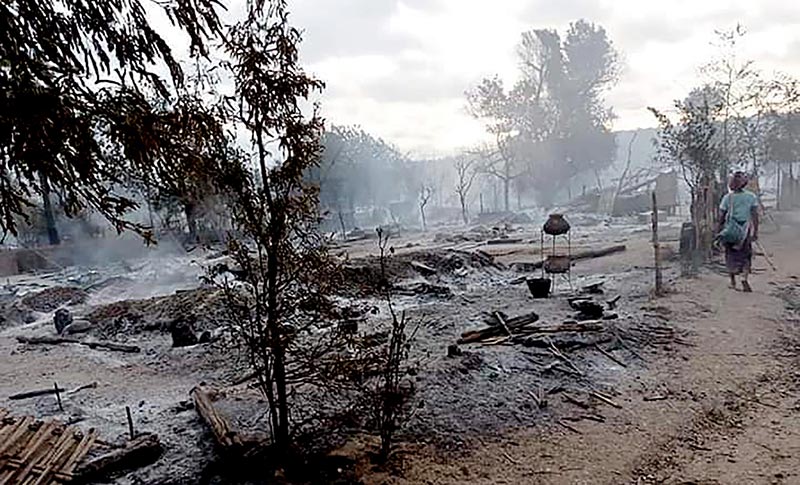
DMG Newsroom
18 June 2021, Sittwe
The United Nations in Myanmar on Thursday expressed alarm at recent acts of violence that it says illustrate “a sharp deterioration of the human rights environment” across the country.
The UN’s Myanmar office highlighted a recent massacre of 25 people in Kayin State and the burning of a village in Magway Region, in which two people were killed.
In the Kayin State case, two mass graves where 25 bodies were found in Myawaddy District have been linked to the Karen National Defense Organisation (KNDO).
The Karen National Union (KNU) announced on June 16 that it would investigate allegations that the KNDO killed 25 civilians working at the Uhu Chaung Bridge construction site in Myawaddy District.
In another incident, at least two people were killed and more than 1,000 were displaced in a massive blaze that destroyed more than 150 homes in Kinma village, in Magway Region’s Pauk Township, on June 15, according to a UN statement and local reports.
Myanmar’s military regime and local villagers have offered conflicting accounts of the incident in Magway Region, with the latter accusing Tatmadaw troops of setting fire to the village as part of a scorched-earth campaign against resistance to the junta.
In its June 17 statement, the UN country office cited abuses by both sides, calling on “all actors in the current crisis to ensure that international human rights norms and standards are respected.”
It added: “This includes upholding the obligation to minimize collateral harm to civilians and to civilian infrastructure, and prohibiting the application of collective punishments against communities, families or individuals.”




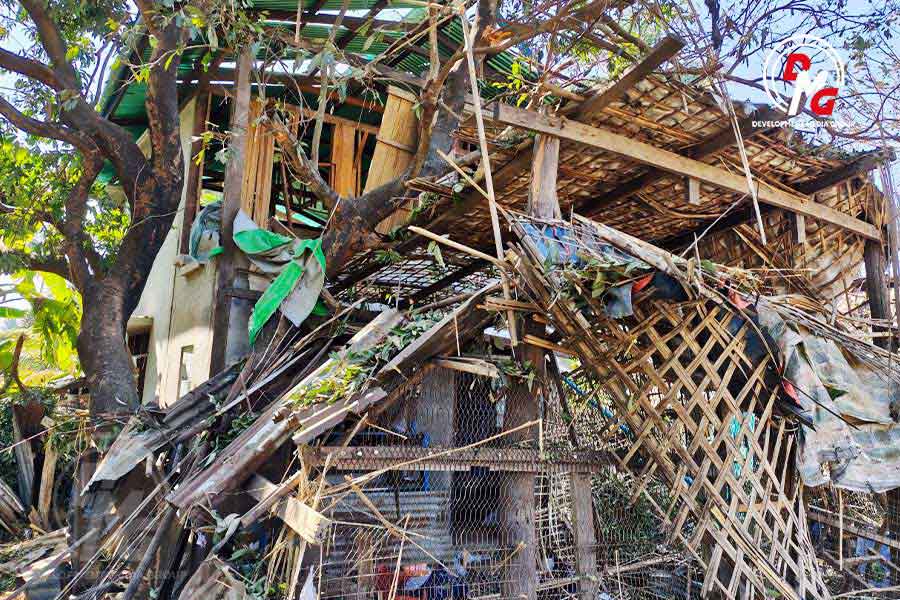
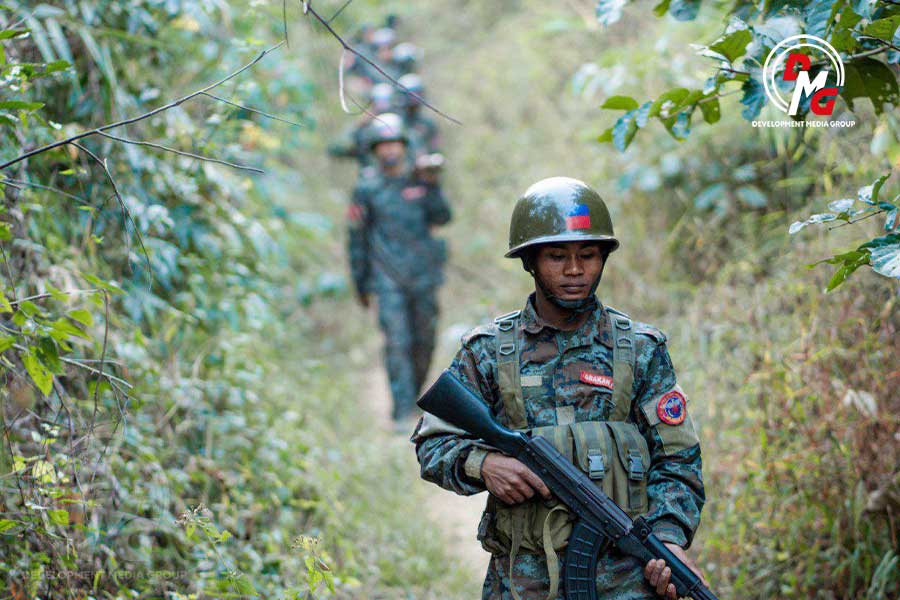
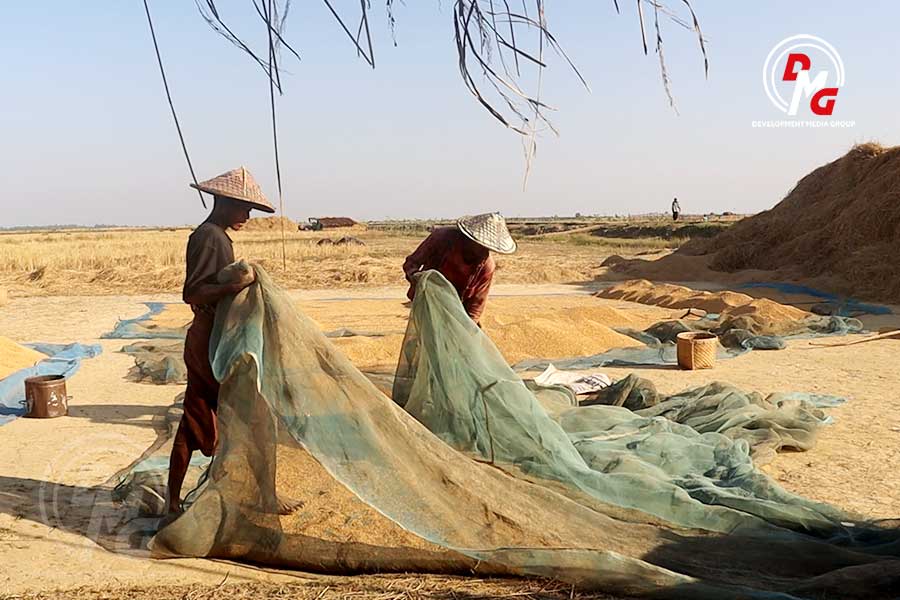
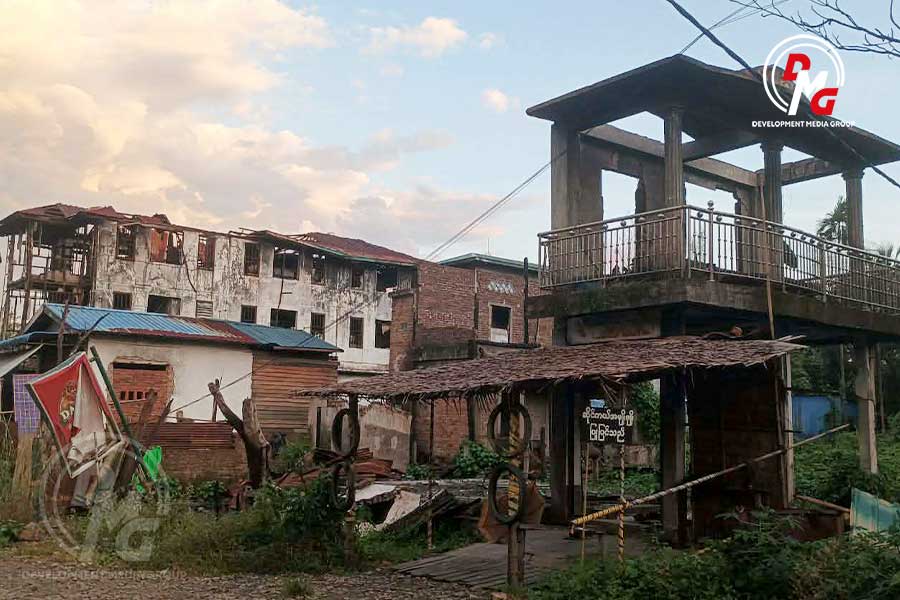
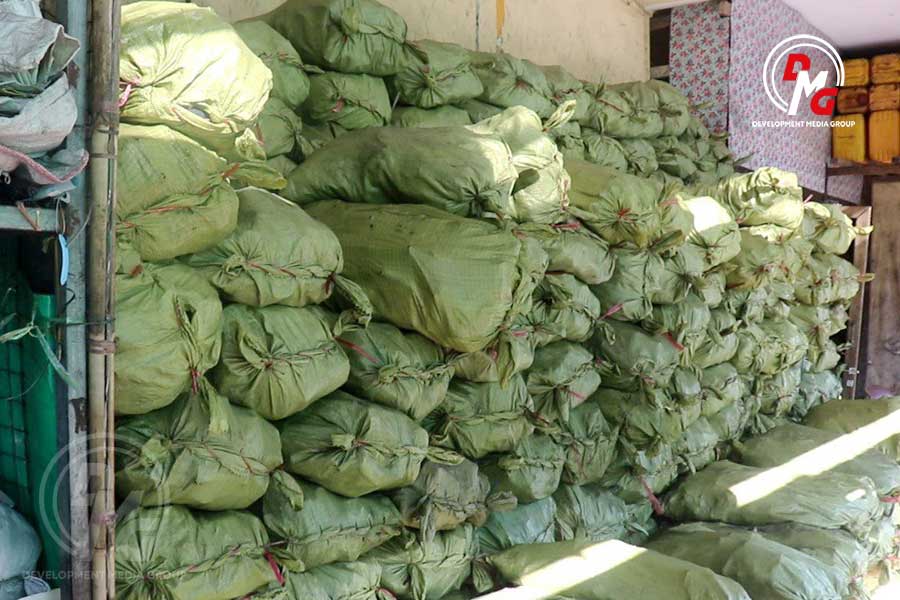







.jpg)
